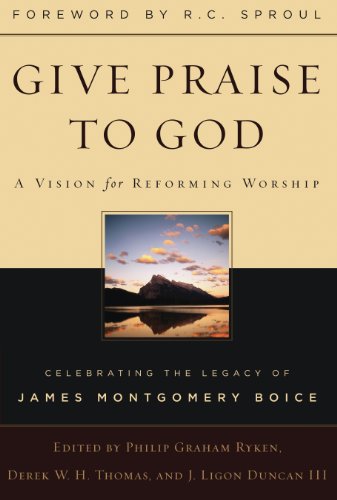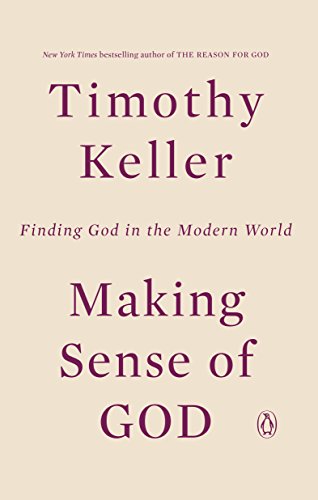Popular Topics
Quote of the Day
“Follow your heart” has ended more marriages, caused more addictions, mutilated more bodies, destroyed more souls, and ended more lives than Satan imagined. It’s one of Hell’s most effective slogans. Don’t follow your heart, follow the One who created it.
Welcome to Grace Quotes
‘Grace Quotes’ is a growing database containing over 10,000 great Christian quotes arranged over hundreds of topics. The material is from theologically sound, well-respected pastors, authors and Christian heroes from across the centuries. The gems contained in this site provide an invaluable source of spiritual nourishment disproportionate to their size. I pray these bite-size nuggets of wisdom will be found beneficial to assist you in your personal devotion to Jesus Christ and the ministry He has entrusted to your care.
Though nothing can replace a primary commitment to the Scriptures, I trust ‘Grace Quotes’ will complement what the Lord is teaching you through His Word. Think, ponder, meditate, digest, pray, study … and enjoy!
Randy Smith
Pastor & Founder of GraceQuotes.org










